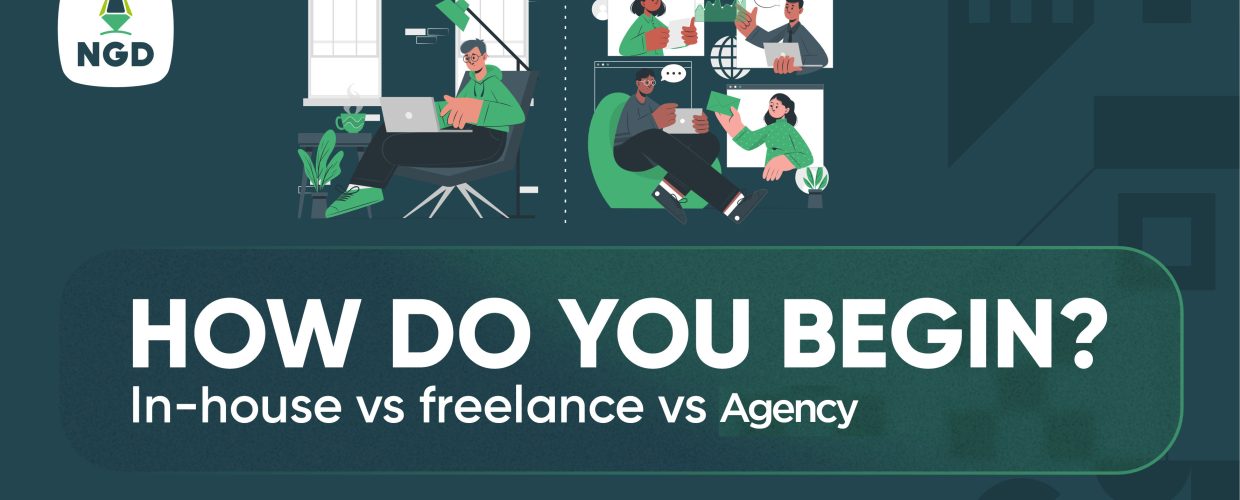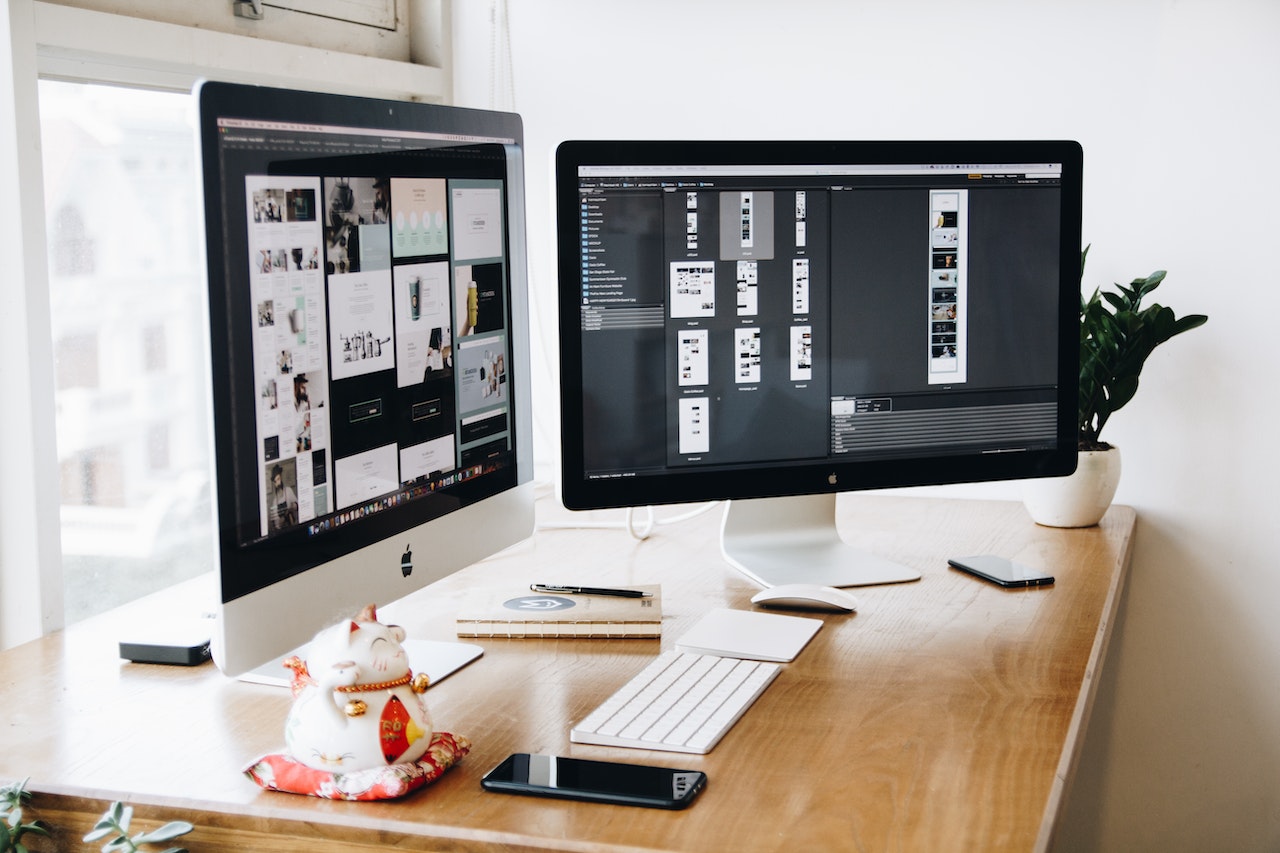The perfect work scenario for creatives is where we perform only the projects we love e.g a graphic designer only on social media ads and a motion creative only on video edits and the likes. But this wish is a sharp contrast to what’s obtainable in the real world and a quick look at the job requirements of organizations proves this.
Screenshot above of company seeking a creative to for web and graphic design, video editing, illustration.
There are exceptions to this though like tech start-ups where roles are less superfluous. Graphic designer Willem Van Lancker in his work : “A Designer’s Guide to Working in Tech” spells out the amazing opportunities at working at startups particularly the opportunity to “develop design skills, work on heads-down design, and focus on your area more than you’ve ever done before”.
However Van’s entry into tech isn’t the norm and designers often find themselves at different work scenarios.
Now When it comes to work scenarios, creatives in today’s world either work in-house (as staff of a firm catering to its creative needs), as agency workers catering to the creative needs of multiple firms, and as freelancers working on several creative projects directly with companies and answerable to themselves only.
Each of these presents a unique work scenario for the creative when it comes to the strict use of their skills.
Let’s explore the pros and cons and make sure guess which is best for you. Let’s go.
The In-House scenario
Many firms are not set up on a creative basis but require the needs of creative individuals for advertising Public Relations and product purposes. Infact a 2024 graphic design industry survey points these areas
as having the highest demand for graphic designers.
Rather than outsource their needs, these companies prefer creative departments within the organization.
The in-house work scenario is the only category where creatives get to contribute on a long-term basis toward the creative identity of their firms.
For creatives, the job they do here matters to them on a personal level because of this long-term involvement.
“One of the most exciting things about working at a company is your ability to shape its brand, even beyond just suggesting a color palette and font family. You are closer to the people who champion the brand’s voice” Lisa- Creative circle
However, this is also the only field amongst the three options where creatives perform outside their skill set, especially where small firms are concerned. For instance, a designer in a small firm is the go-to guy for everything tech related, from image resizing to performing computer maintenance on systems.
If the job title is something like creative marketing manager as advertised on job advertisement boards, then an in-house designer might handle the development of creative materials for marketing and to the marketing and sales itself.
All this isn’t bad, as having solid marketing and sales skills will do anyone a ton of good but if you aim to only do creative work then prepare your mind that this might not be possible when working in-house, especially where small firms are concerned.
Pros of working in-house:
Long-term commitment to Brands
Consistent salary
Cons of working in-house:
Likely to work outside your creative discipline
Stuck with working on a single brand – It could be monotonous.
The Agency scenario
Agencies are business set-ups that provide creative services to multiple firms.
Agencies are the sweet-sour spot because they only sell creative services and what you would ever do here is creative work.
You also enjoy working alongside fellow creatives in their respective fields; in an agency, the guy in front of you is a marksman in Figma, the other in Photoshop and you all speak the same SVG lingo!
The kind of work done here is also more versatile since it’s performed for multiple firms seeking multiple creative solutions. There’s no long-term personal interest to any of these clients like the in-house staff would have but there’s an ever-evolving experience to be gained from working on dynamic projects.
“ If you enjoy different challenges and managing multiple types of projects, as well as a fast and more versatile pace of life then agency work is more for you.” Sarah Warby, Marketing Director at Sainsbury’s.
When it comes to work agencies usually have huge creative workloads that require an “all hands on deck” effort. This means if you love magazine publications you won’t ever work on only this but will be required to contribute to any creative project the office undertakes. But be rest assured that no matter how diverse these projects are they would always be related to the creative field.
Pros of working Agency:
Get to work only as a creative excluding other disciplines like marketing
Work alongside creatives from other disciplines and learn in the process
Cons of Working Agency:
There’s no limit to the workload; the more clients your agency has the more you are expected to give
Agency life can be unstructured
The Freelance Scenario
The word freelance is a reference to highly skilled warriors who owed no loyalty to any lord hence the word Free. They were known to be recruited in short campaigns and would depart immediately to the next one if the price was right. In Today’s world, Creative freelancers do the same thing by placing their creative skills to the service of clients.
Since there’s the freedom to choose the clients they work for, freelancers are probably the only creatives who perform jobs strictly to their liking.
Take Jenni Gritter’s founder of LCC who set up her freelance business with the aim of only writing for publications that focus on healthy living.
However, this glamorous option is not immediate and beginners with financial obligations still work on projects outside their passion or even discipline and for many creatives, the security of a monthly paycheck is a premium making the freelance route disagreeable to them since this isn’t guaranteed especially for beginners.
Pros of working freelance:
Complete freedom to choose projects based on passion
Get to work on a variety of projects
Cons of working freelance:
Guarantee of a monthly income is non -existent
So About the Perfect Work Scenario?
It’s Ultimately down to a trade-off between what matters most to you: developing skill sets, financial stability, or freedom.
If you are a beginner interested in developing skills then an agency option lets you do this wholeheartedly.
The corporate world is the safest bet for many with respect to paychecks and the long-term commitment they want to put into a single brand.
Ultimately every hardworking creative transitions into a freelancing role either as an agency owner or a self-employed creative managing the creative standards of several brands. But this is an option that’s best entered gradually not abruptly i.e you shouldn’t quit a consistent paycheck job for a freelance one without a transition period and learn ways to avoid underpricing yourself
You could instead build up a list of clientele and jump ship when the income from this side matches your needs. You will however be involved in marketing tactics like cold emailing, and social media since projects won’t come to you like they do when work in-house or under an agency.
This is one of those cases where one size won’t fit all and as a creative, you should be prepared to adapt and make the most out of the scenarios you find yourself.





